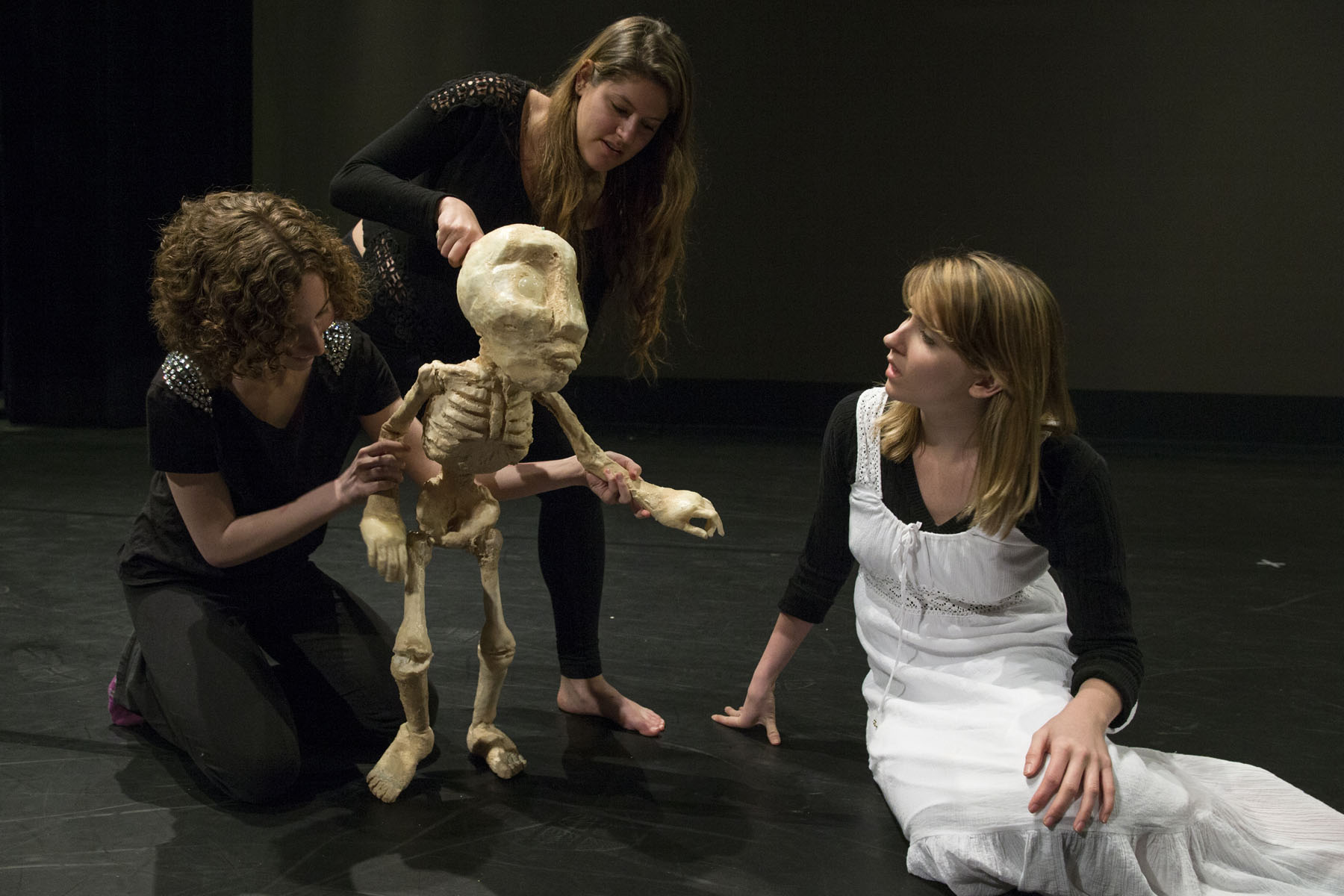A couple just married is struck by misfortune when the wife dies unexpectedly and her heartbroken husband grieves inconsolably.
University of Virginia associate professor of drama Marianne Kubik, however, turns an ancient story on its head with a new version, created in collaboration with her students.
The myth of Orpheus and Eurydice that most people know is one of tragic love that centers on Orpheus playing beautiful music to convince the gods to let him bring his beloved back to life from the Underworld. They give him one condition: that he must not look back at Eurydice as they go back to Earth. But of course he does, and then he loses her forever.
“The Forgetting River” retells the ancient story from Eurydice’s point of view – which the Greco-Roman versions of the story never touch upon – and focuses on women’s issues. It will be performed Thursday, Friday and Saturday at 8 p.m. and Sunday at 2 p.m. in the Helms Theatre. A question-and-answer session will follow each performance.
Kubik called the production “devised theater,” where an ensemble works on the play rather than a solo playwright. In devised theater, the members use the collective skills and creative ideas unique to that group of collaborative artists, aiming toward a particular theme or creative mission, she said.
Besides human actors, the production also employs various sizes of puppets, which were designed and constructed by Lauren Shell, a graduate student in the drama department’s M.F.A. program in technical direction.
The students have worked on the production as part of Kubik’s class, “Movement for Theatre.” It has given her students “the opportunity to learn how devised theater differs from the traditional model in rehearsal and performance,” she said.
They are learning about “physical theater” as well, a way of acting that “relies on the human body for expression and can, therefore, offer a dramatic experience that is more visceral than intellectual,” Kubik said.
In addition, the class has had the opportunity to collaborate onstage with two guest performers: associate drama professor Richard Warner, as the voice of Hades, and local actor Allen Van Houzen as Orpheus.
Kubik first worked on revising the Orpheus myth with Kathleen Baum, a theater colleague from Syracuse, N.Y. almost 10 years ago. When the duo received an “emerging artist” grant from the Jim Henson Fund in 2007, they added puppetry and a larger company to produce the drama in a workshop for the National Puppetry Conference at the Eugene O’Neill Theatre.
The new version incorporates issues of domestic violence, self-love and human rights, Kubik said, and in the future she hopes to pair the play with panel discussions of such topics.
“What we didn’t expect was how immediately our new story would resonate with audience members,” Kubik said. “Thus began a creative journey toward examining the connection of ancient myth to present culture.
“By examining the story’s plot from Eurydice’s perspective, the original stage production unveils a woman facing life-altering choices that resonate across cultures, past and present, endeavoring to ask how we shape our future.”
Media Contact
Article Information
April 9, 2014
/content/drama-students-professor-revise-ancient-myth

